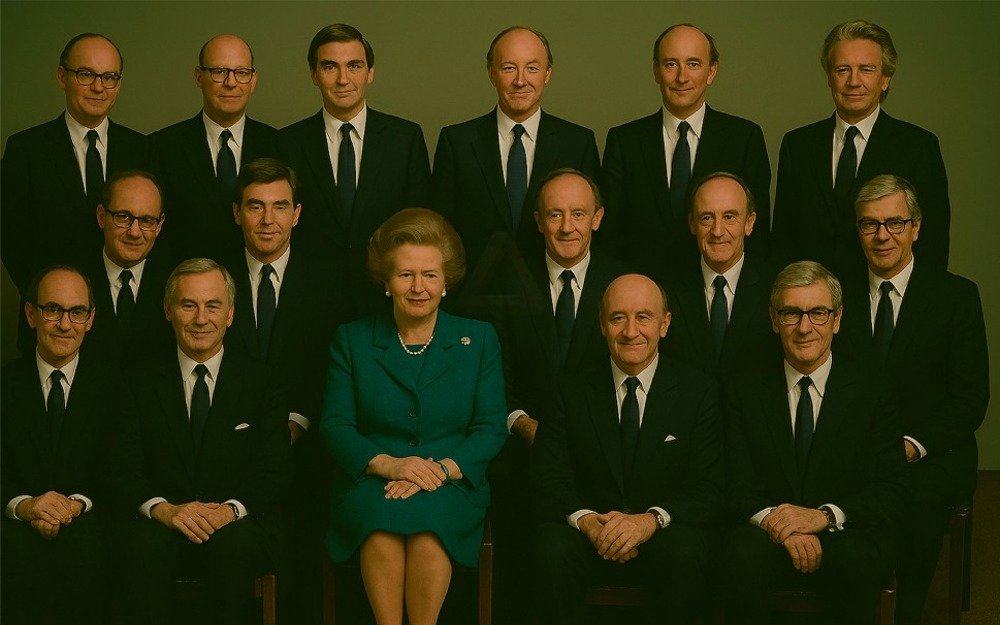
BBC1 Interview, March 7, 1973
In 1973, Margaret Thatcher was not yet known as the Iron Lady. She was the Minister for Education and Science — visible, but not prominent, one of only twenty-three women in the House of Commons and the only woman in Edward Heath’s Cabinet.
The cabinet tolerated her. She was competent, cautious, and politically useful. But she wasn’t a contender. Not seriously. Not yet.
That year, she appeared on Val Meets the VIPs, a BBC1 program where children interviewed public figures. The format was light. The questions weren’t.
Roger, age unknown, asked whether Britain would ever have a woman Prime Minister. Thatcher didn’t speculate. She didn’t hedge. She dismissed the idea.
“I don’t think there will be a woman Prime Minister in my lifetime.”
~ Margaret Thatcher, March 7, 1973
Then came the follow-up question. Would she want the job?
“My goodness me, it’s a pretty penetrating question, isn’t it? I would not wish to be Prime Minister, dear. I have not enough experience for that job.”
~ Same interview, same breath
She cited her record — one full ministerial post. She referenced women leaders abroad — India, Israel, Ceylon. But Britain, she implied, was different. The path to power was longer. And for a woman, it was steeper.
A Marginal Figure in a Male Party
Thatcher had been elected MP for Finchley in 1959. Fourteen years later, she remained on the margins. The Conservative Party had no formal barriers to female leadership — just informal ones. She was rarely considered for roles outside education or domestic policy. Her colleagues underestimated her ideological depth, and she was excluded from the party’s strategic core.
Her Cabinet appointment in 1970 was a gesture. Thatcher was the only woman in the room. She reamined quiet and was not expected to rise.
Thatcher didn’t claim discrimination. She claimed inexperience. But the subtext was clear: the route to leadership was obstructed. And she knew it.
The Reversal
Two years after the interview, Thatcher was elected leader of the Conservative Party.
Six years after the interview, she became Prime Minister.
Seventeen years after the interview, she resigned as the longest-serving British PM of the 20th century.
She didn’t revise her quote. It wasn’t misheard or paraphrased. It was recorded, broadcast, and preserved. She said it, then defied it.
Legacy archive
The 1973 interview is archived by the Margaret Thatcher Foundation. It’s cited in retrospectives, biographies, and political commentary. It’s used as an emblem of contradiction — a moment where certainty collapsed. Thatcher’s words weren’t ironic. They were sincere. She didn’t believe she’d lead. Then she did.
🔗 Think that was strange? There’s more. Explore our full They Said WHAT? archive.
Reference:
[1] Thatcher, M. (1973, March 7). TV Interview for BBC1: Val Meets the VIPs. Margaret Thatcher Foundation. Retrieved from https://www.margaretthatcher.org/speeches/displaydocument.asp?docid=101992
